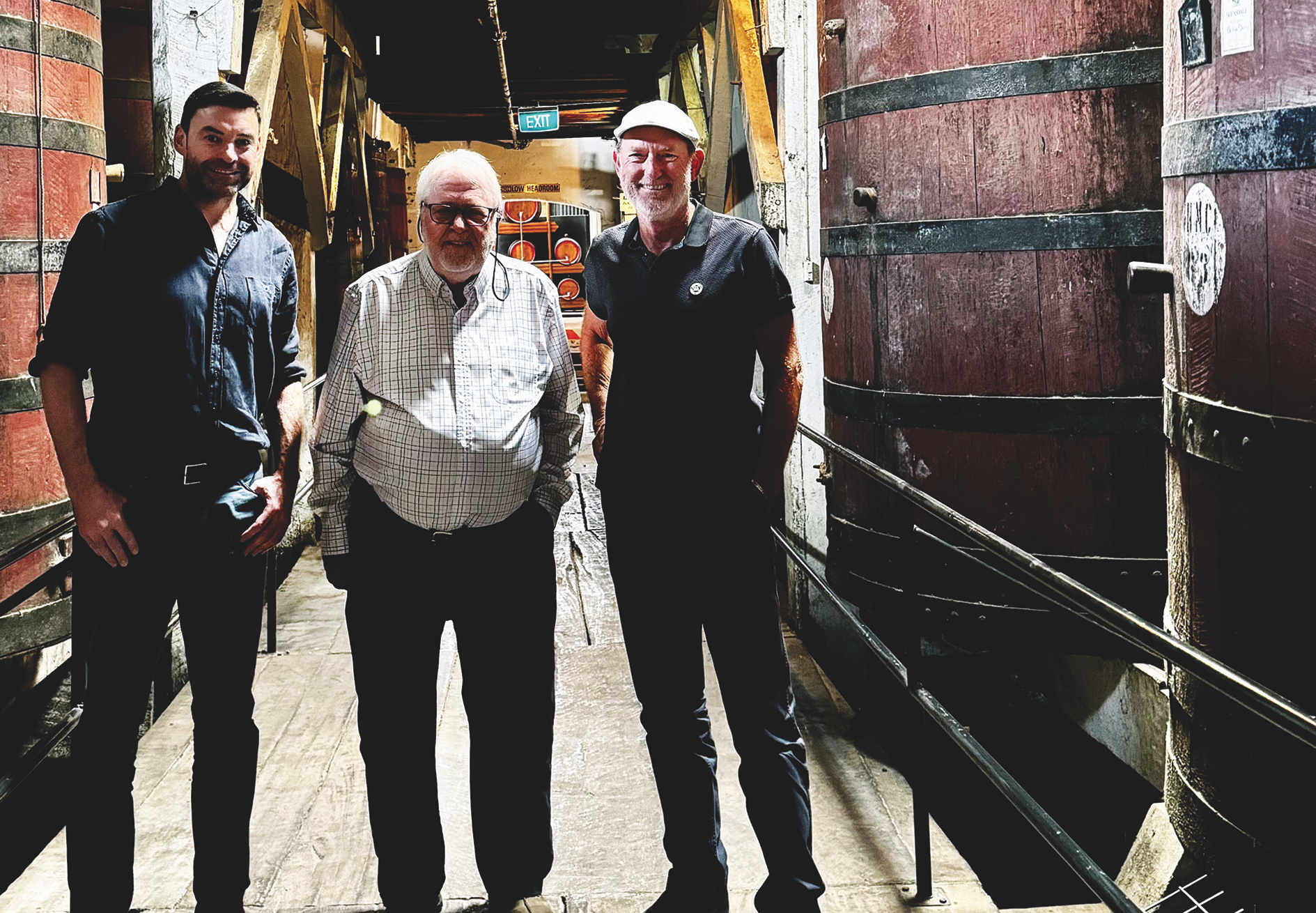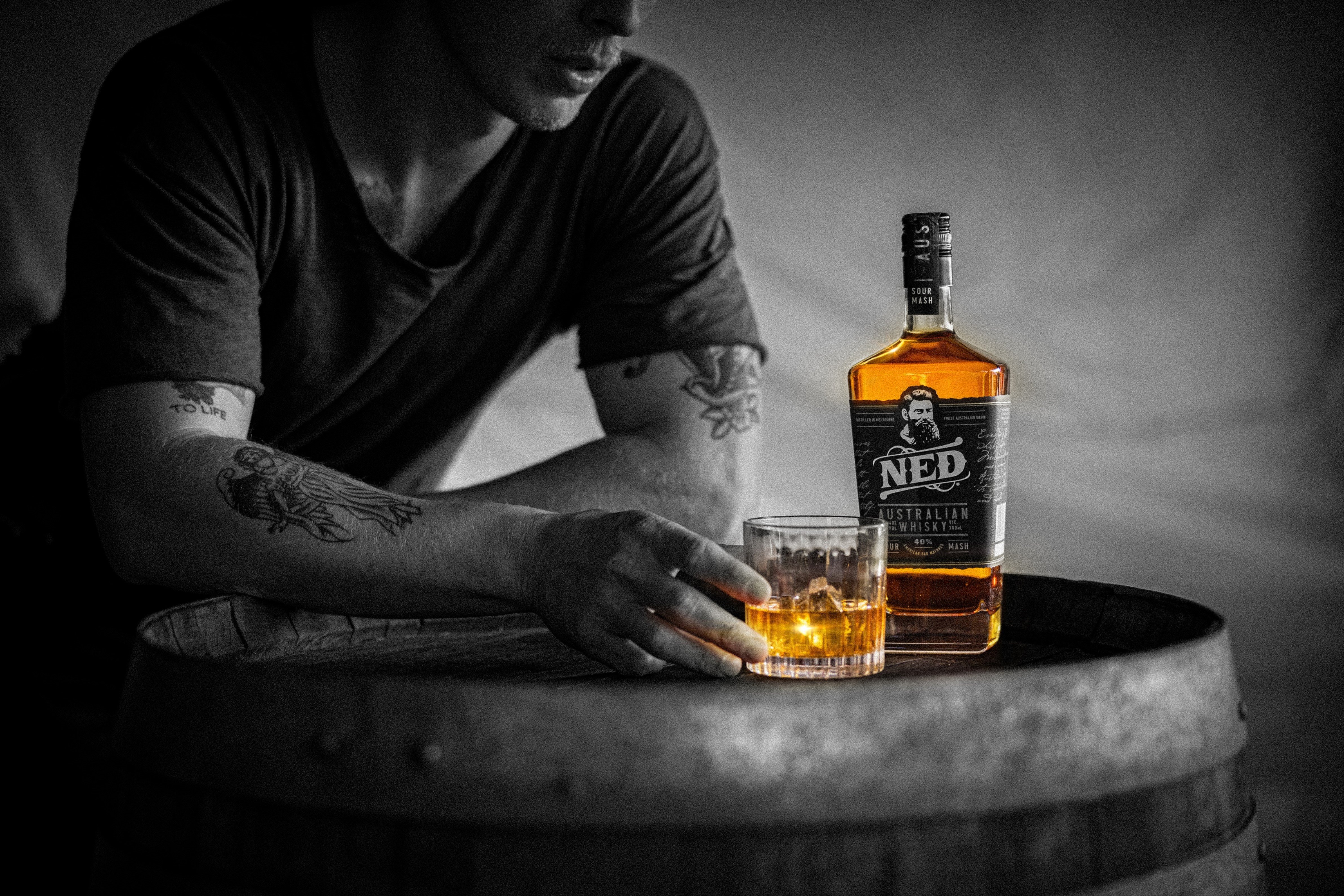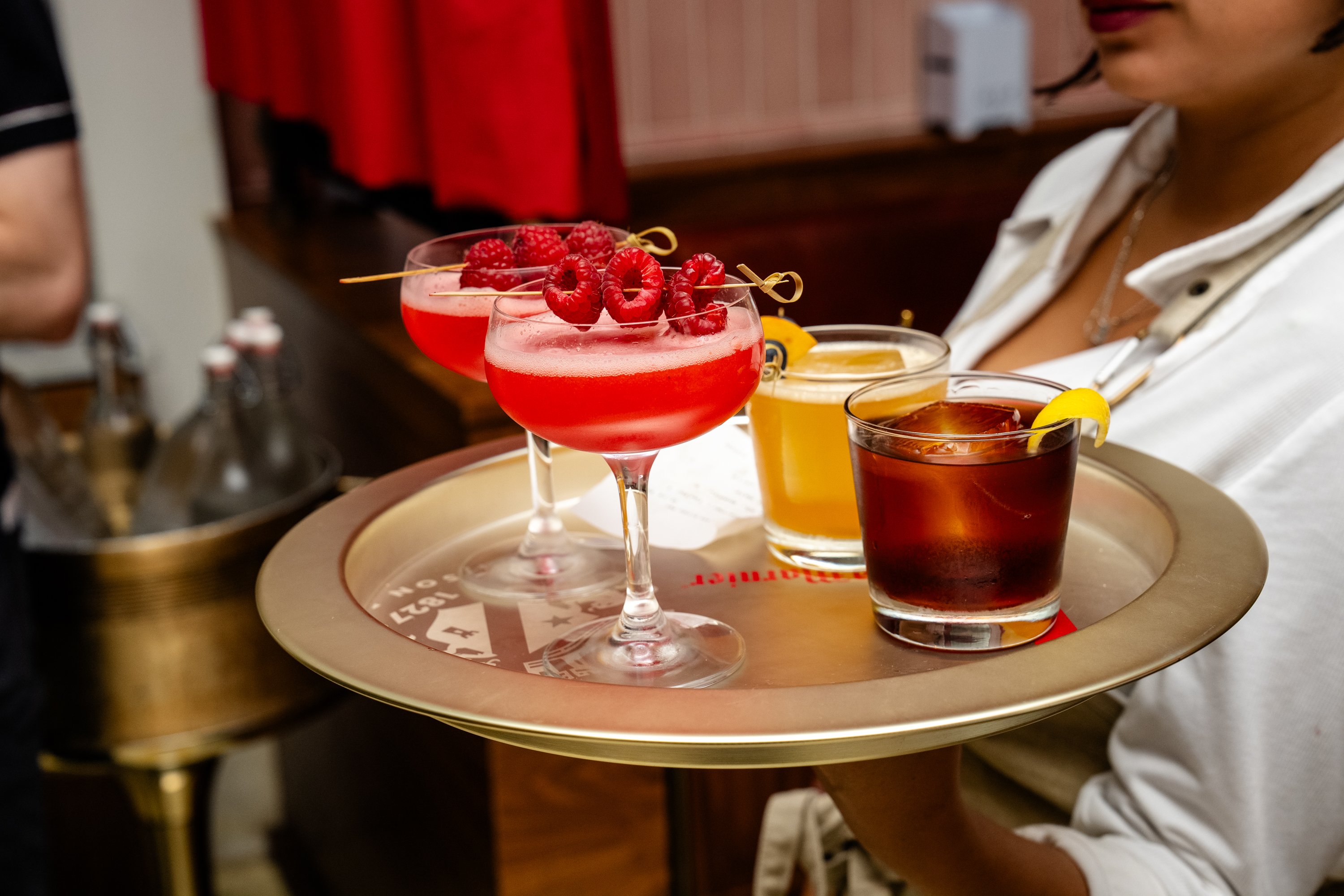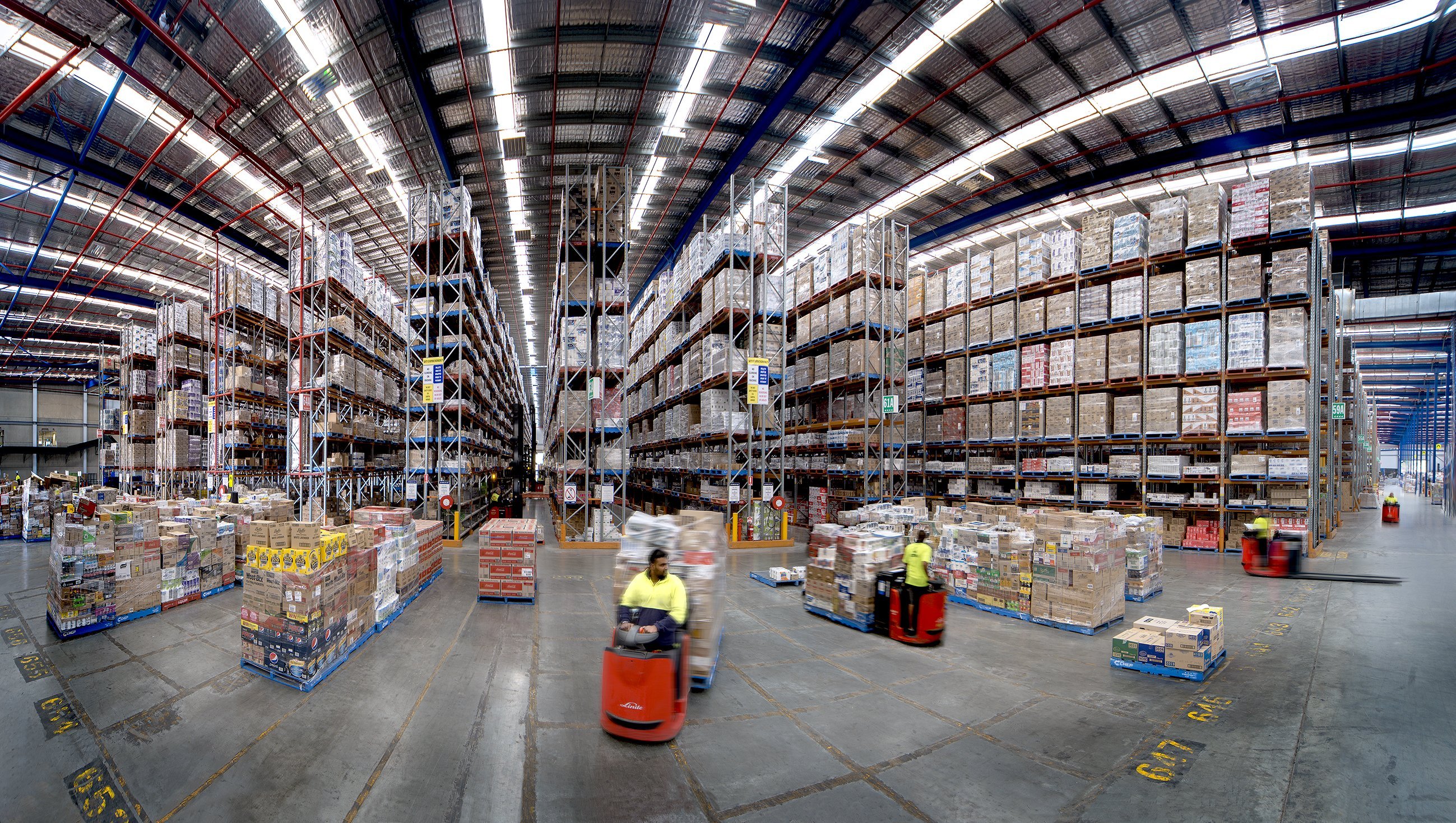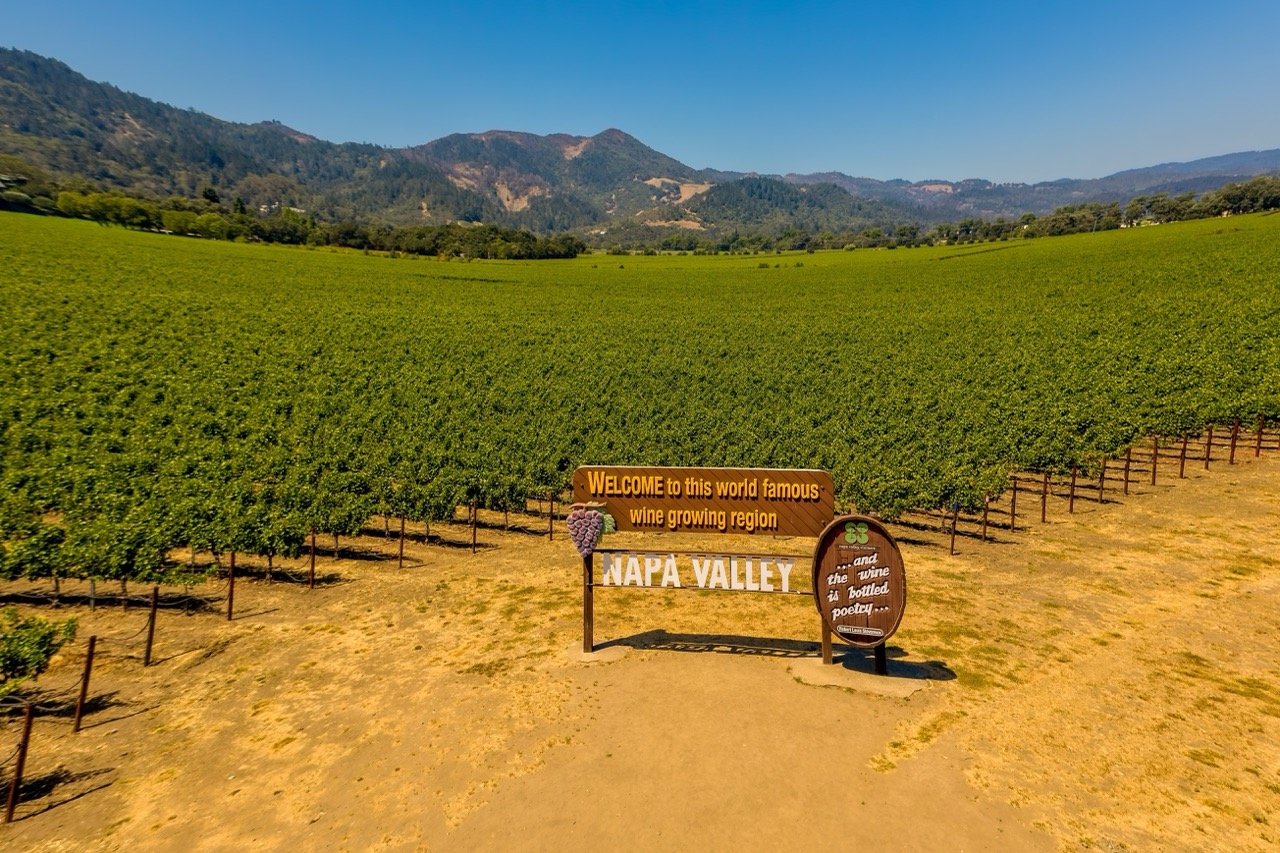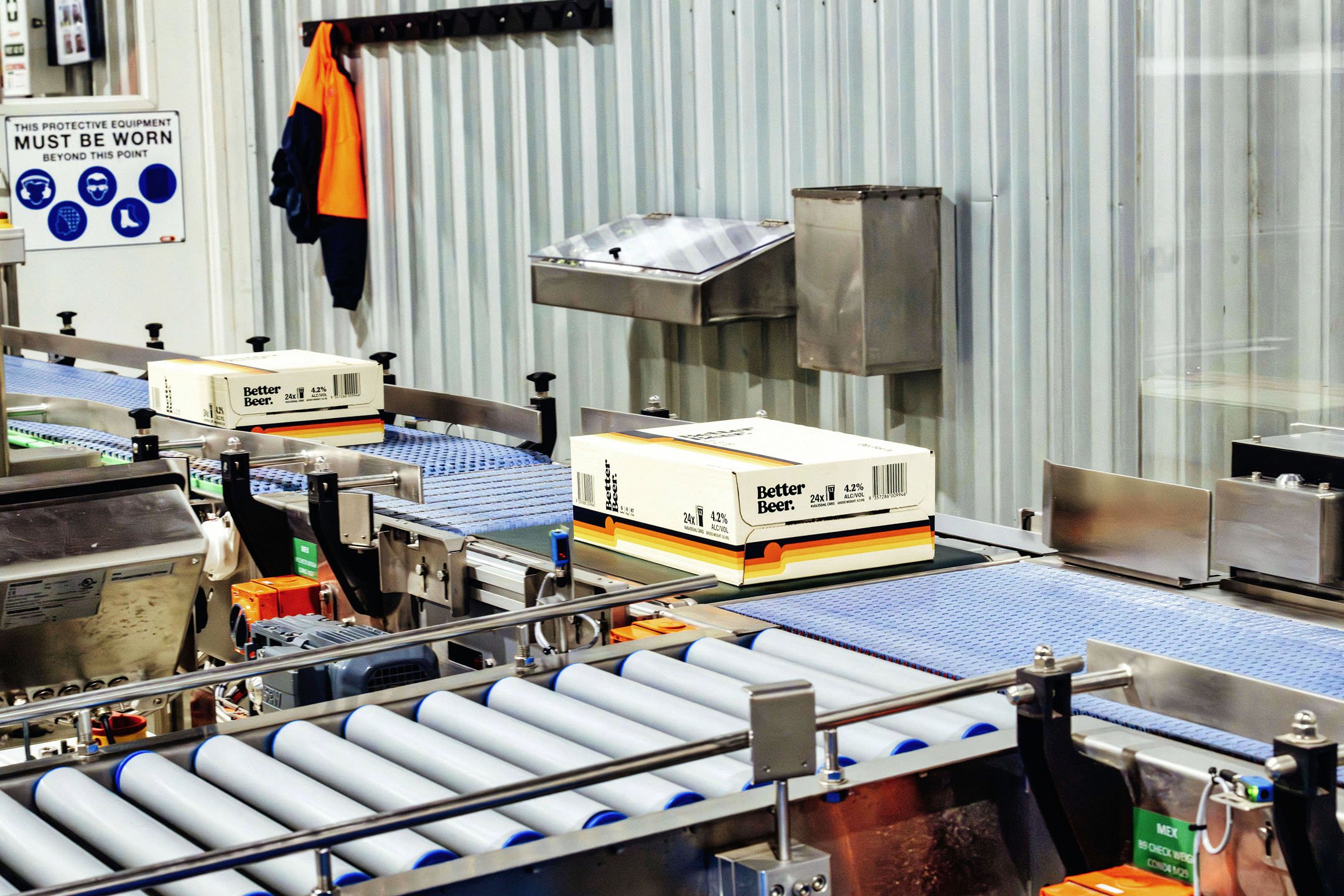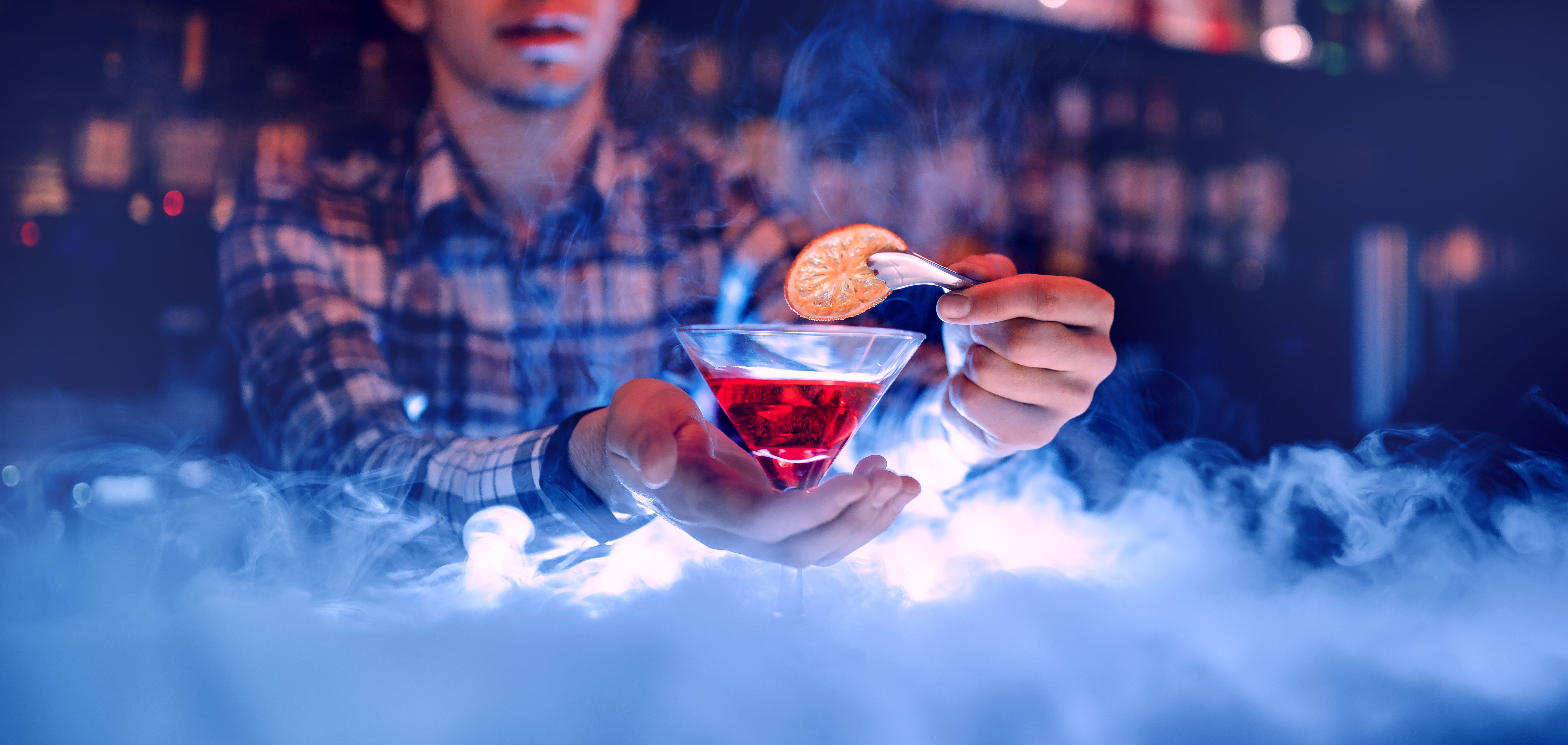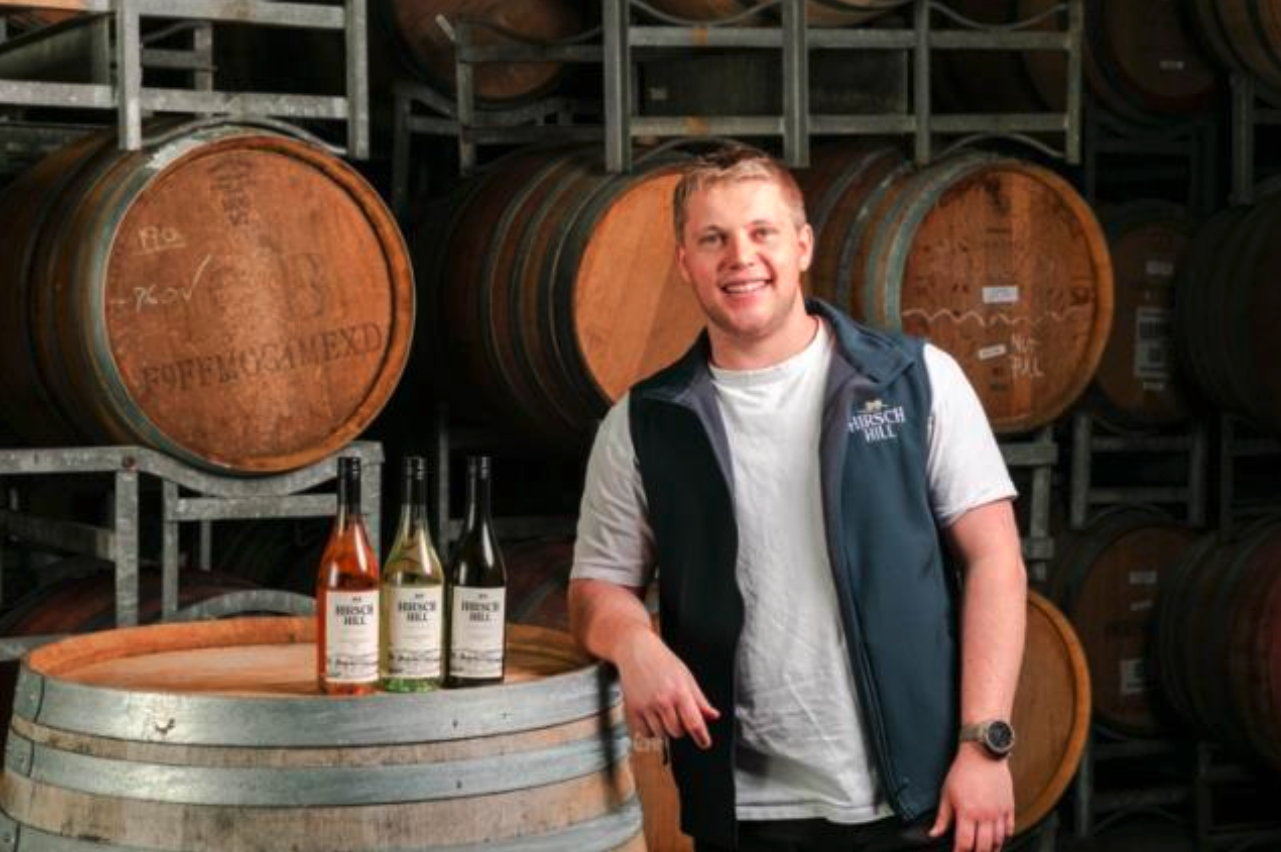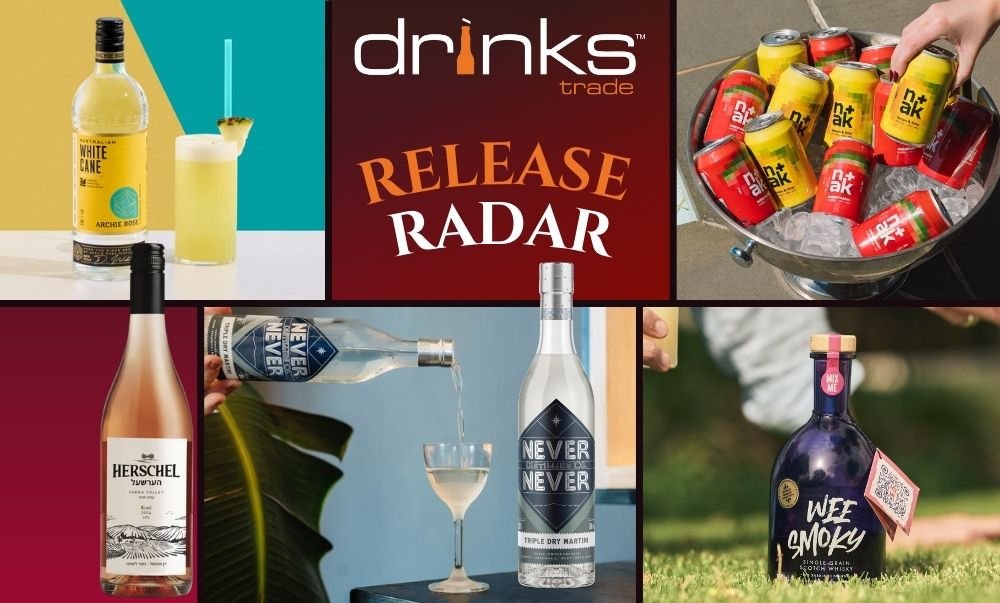Last week, Bleasdale Vineyards announced that Iain Riggs AM would be taking over as Chairman following Robert Edwards retirement.
A true veteran of Australia’s wine industry, Iain Riggs’ career spans almost five decades, including almost 40 years as Brokenwood’s Chief Winemaker, where he helped it become the icon of the Hunter Valley wine region that it is today. In 2018, Iain Riggs was named as a Member of the Order of Australia for his significant service to oenology as a winemaker.
Since then, Bleasdale has also announced the appointment of Nicole Brasier as Senior Winemaker. In addition to time spent winemaking at Margan, Fourth Wave Wine, and Accolade’s Tintara, Brasier was also recently a student at this year’s Len Evans tutorial, where she was personally tutored by Iain.
Drinks Trade caught up with Iain this morning to discuss what the recent changes will mean for Bleasdale and for himself.
Drinks Trade: Iain, how does it feel to be circling back to Bleasdale after 40 years in the Hunter?
Iain Riggs: I’m just really looking forward to working again with the Potts family, as I did from 1973 to 1980. They're terrific people.
I left in mid-1980, and as I said to someone once, getting the board at Bleasdale was not on my bingo card at the start of 2024, that's for sure. But it'll be fun watching Bleasdale take on the next decade.
The role of a board, apart from governance, is to make sure that everyone is on the right track making great wine, and we've got a fabulous winemaker in Nicole Brasier that's coming on board. Today's her third day at Bleasdale. I think Nicole, with her experience across Australia, will do some fabulous things down there.
DT: You recently tutored Nicole at the Len Evans Tutorial 2024. What do you think she will bring to Bleasdale?
IR: I think she's got good experience in sparkling wine. Also very good experience in white wine, and I think that's where we'll see Bleasdale start to shine a bit more in their white wines.
I don't think she would even think to change Bleasdale's red wine style, because the vineyards that are there, they're fabulous old wine vineyards, and the Langhorne Creek is such a unique vineyard region in that the red wines almost make themselves.
DT: I understand you’ll remain in the Hunter… Does this mean you won’t be having much input in the winemaking at Bleasdale?
IR: No, I'll leave that to the staff team on board. My role is purely Chair of the board, not executive chairman. Obviously I'd like to be on the tasting bench occasionally, but they've got such a solid brand and a solid product that they don't really need my input.
DT: What are you most hoping to bring to Bleasdale as Chairman?
IR: From the winemaking side, there's that depth of history, I suppose, that I've got. But I think what I really have to offer, on a board level, is a greater understanding of where the industry's at; using where we've been, what we've achieved, and what has worked and what hasn't worked in particular in the past for the wine industry. Because there's no question, everyone's going through a bit of a tough time at the moment. That's what I'll be bringing to board level.
Chair of the board is always a bit like herding cats. You have to make sure everyone's heading in the right direction.
DT: Bleasdale made some major structural changes in 2013. How have the past 10 years at Bleasdale been?
IR: [Prior to 2013], it was purely a family company, I think. They didn't have any external finance in the property, and then they reached out to the McBride Pastoral Company, and then they found Raymond Ran, who came on board as well; so it's had an extraordinarily successful 12 years, there's no question about that.
The family companies that came in in 2013 are solid. They have a farming background, but I think the important thing [with my appointment] is going back to industry: I'm the first industry person they've had on the board for 10 years or more.
DT: Looking ahead, what are things you’d like to change, adjust, and/or continue at Bleasdale over the next 10 years?
IR: Really just continue. As I said, they've had extraordinary success over the last 10 years, and if it ain't broke, nothing to fix.
Stylistically, I think they can just keep doing what they're doing and just fine tune, make it even better, if that's possible. We'll have a look over the next few vintages. We're not sure how much climate change is going to affect us. They've had a very, very, very dry season down there, as has most South Australian regions, including the Clare Valley, so the demand on water resources is going to be really important. And just a bit more focus on their white wines and they'll be in a good place in 10 years time.
DT: How tough is it out there for Australian wine producers at the moment?
IR: Well, it's actually worldwide. You read all the wine press and the slowing of consumption, the younger generation are not taking up wine drinking as their parents did. It's not just Hunter, it's not just Langhorne Creek, it's not just Australia, it's a worldwide problem that we're looking at.
We need to obviously keep the wheels of the wine industry turning. Obviously, people are looking to trim back their production, but they're also looking at innovation. Now, we still could probably make the same amount, or maybe a bit less wine, but use more innovative methods/different varieties, because we're staring at climate change.
DT: We’ve discussed wine innovation recently with Fourth Wave Wine and Taylors… What areas of innovation will Bleasdale focus on?
IR: In newer varietals, definitely… in terms of wine styles, [Langhorne Creek is] actually streaking the field, particularly with Malbec and Cabernet Malbec blends. These sort of wines are very much in favour in North America and in China.
[Also], I think the industry will be looking very closely at lower alcohol styles. Zero alcohol, low alcohol is there, and we do have to look at how we can not ‘sell our souls’ so to speak and compete with [spritzers]/drinks in a can that everyone seems to be on about these days. So we're looking at that as an industry quite closely, and we will have products in the future for that.
And then just heading down the sustainability path is really important - using lightweight bottles, making sure that everything we do is following sustainable practises - not necessarily having to go down the path of organic or even biodynamic, but just making sure everything we do in the vineyard and in the winery is best practise.
DT: On a more personal note, 2025 will be your 53rd vintage… In your opinion, what have been some of your career highlights/most pivotal moments?
IR: Well, certainly my short time in McLaren Vale with the white wines and the innovation that we used in the winemaking process down there with Chardonnay, Sauvignon Blanc - we even had Semillon down in McLaren Vale at the same time - put me in good stead for my first vintage here in the Hunter Valley in 1983.
At that stage, Brokenwood was probably only making a few thousand cases, and we've taken it from a few thousand cases to close to 100,000 cases, and had great success with Hunter Semillons, Hunter reds. And then because [the Hunter Valley] really can't grow things like Sauvignon Blanc or Riesling, we've gone to other regions to fill out our portfolio with things like Sauvignon Blanc Semillon, which is the Cricket Pitch brand.
The Cricket Pitch brand is probably my biggest achievement in terms of volume, but in terms of quality and stylistically different wine, I think Semillons are a second to none here in the Hunter, and then the Indigo Vineyard at Beechworth has produced some fabulous Pinot and Chardonnay, so the variety mix has been fabulous.
I've also enjoyed my time as an inaugural board member of the Winemakers Federation of Australia, which is now Wine Australia, so a lot of give back to the industry, which I think we all have to do. [Also] 22 years running the Len Evans Tutorial, which we hold once a year. And then, of course, all that culminated in getting an Australia Day Awards Award in 2018.
DT: How would you compare Australia’s wine industry to Europe/the global stage?
IR: I think it's up there with the best. The Australian wine industry has evolved to be a very, very collegiate industry. I can ring people in any wine region in Australia and ask for help at any stage, because we're all in this together and we do work together, as opposed to, say, France, where… one vineyard/one winery won’t acknowledge his neighbour on the other side of the fence. This sort of thing.
I think the younger generation coming through European vineyards is a bit different to the older generation, but the Australian wine industry is very unique in its collegiate nature.
DT: You’ll remain based in the Hunter… Will you be doing any winemaking/consultancy work up there?
IR: I have my own wine label here in the Hunter - we've just launched our ‘24 Vintage - so I'll still be mucking around with that.
[I’ll also] still be keeping an eye on Brokenwood. It's only two minutes away, so we've got lots of good friends there. That's an important part of my life, 42 years there.
We also run a 15-acre property with a vineyard and three houses on it. I'm never short of something to do.
DT: Lastly, can you explain Riggs & Wiggs for those who don’t know?
IR: Our neighbour across the road has one of the original vineyards here in Pokolbin. Not on the Hunter River, that was in 1828, but here in Pokolbin… His name is Peter Wiggs, I'm Ian Riggs, and we have a very innovative label called Riggs & Wiggs.
[The vineyard was planted in] 1866. Alfred Wilkinson and his four eldest sons all took properties (so five properties total, maybe 600 acres) and two or three of the eldest sons studied winemaking in France and Germany from 1852 through to 1865. They arrived down at the Hunter with the express purpose of planting vineyards and building wineries. They had three very large wineries over the five properties.
[Now], we make two Semillons, a Chardonnay and a Shiraz, from… not the original grapes, they were replanted in 1971.
We've got two Semillons on the market, both gold medal wines… We'll launch the Shiraz and Chardonnay early next year.
//
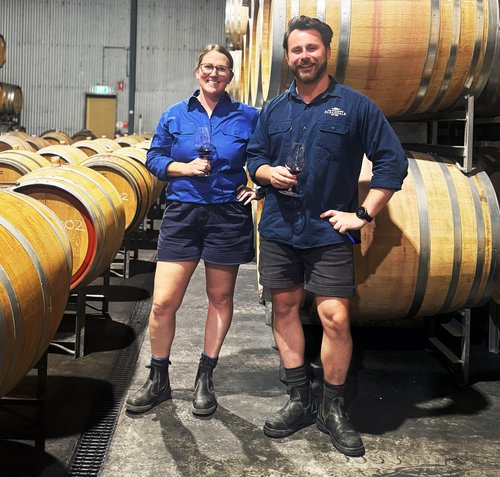
As Senior Winemaker, Nicole Brasier will lead out the Bleasdale winemaking team, which also includes Sam Rowland.
“Nicole has revealed some solid experience through her career to date. She has been an active judge on the show circuit and recently completed the Len Evans Tutorial," said Leigh Warren, General Manager.
"We are really looking forward to Nicole joining the Bleasdale team. She will have a couple of months to get settled before the ’25 vintage’ fruit starts to roll in.”
Brasier added, "I have a passion for driving continuous improvements towards sustainability in the wine industry. I am a Freshcare trainer and have experience managing Sustainable Wine Growers Australia Code of Practices for wineries, vineyards and wine businesses.”
Share the content
